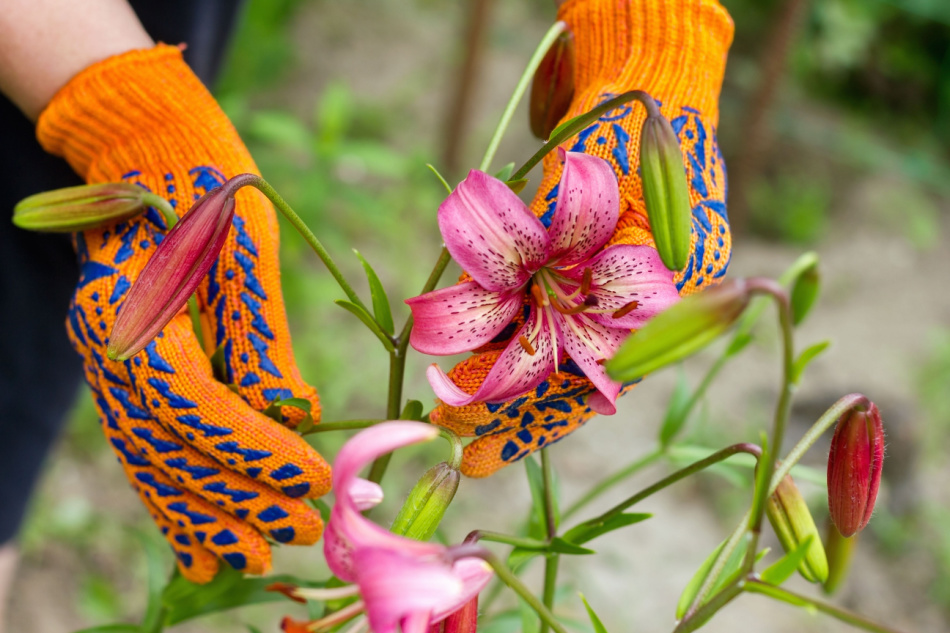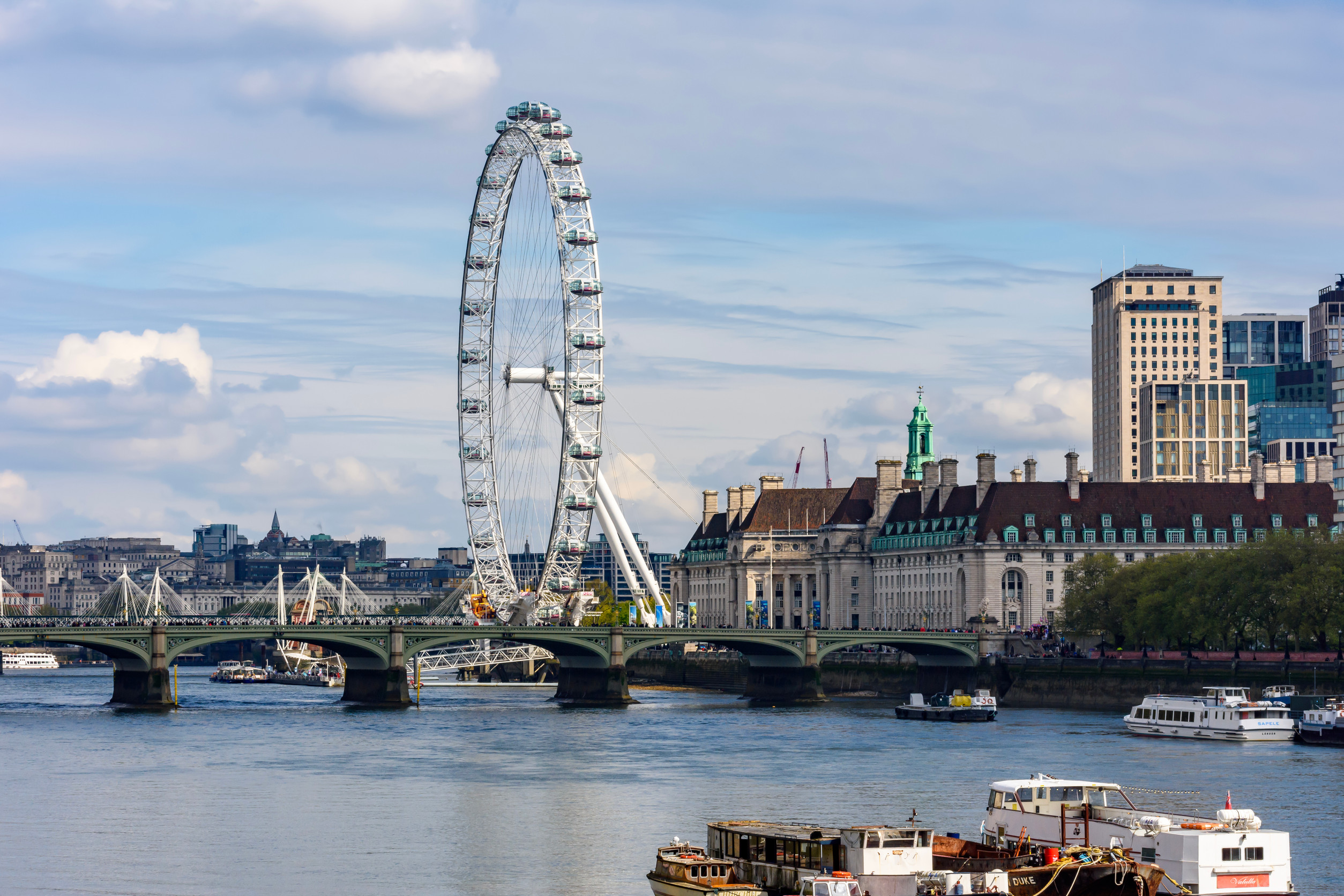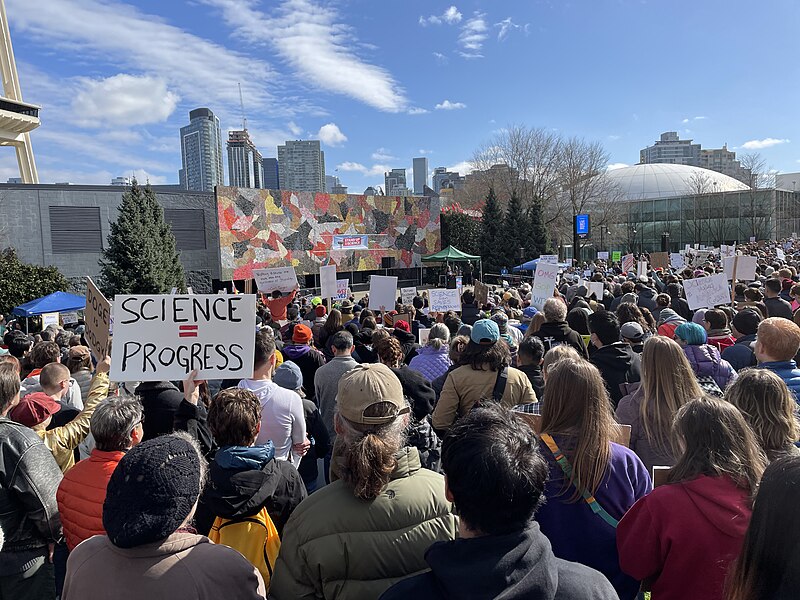If you’re feeling isolated and lonely during this difficult time, you’re not alone. Loneliness and isolation have been associated with high blood pressure, chronic inflammation, and a weakened immune system. This ironic reality means that the measures we are taking to protect our health could in fact be damaging it. So how can we protect our human connection while maintaining six feet of distance?
Studies have shown that the benefits of human connection can come from something as simple as looking at a picture of a loved one or receiving help from a stranger. Calling a friend, video chatting with a relative, or reaffirming your gratitude for those you are isolated with can boost your immune system on a molecular level and give us the connection we crave.
When we feel lonely, our bodies produce norepinephrine and our inflammation systems go into overdrive in anticipation of a threat. Too much of this anxious state can lead to chronic illness. One study found that people who were more socially connected were 50 percent less likely to die over a given period than socially distanced people, even when accounting for factors such as age and overall health. Fortunately, scientists have found that the “buffering effect” creates a sense of ease in people when they simply think about someone they love.
Another study found that putting people in rooms alone elevated their blood pressure and heart rate, but telling participants that someone was monitoring them and caring for them outside the room mitigated the effects of isolation.
In conclusion, loneliness is detrimental, but methods for addressing it are plentiful and easy, even while social distancing. Remember to reach out and support those around you. If you’re feeling isolated, call a friend, look at old photos, or think about all the people you know and love who are going through the same experience you are.











